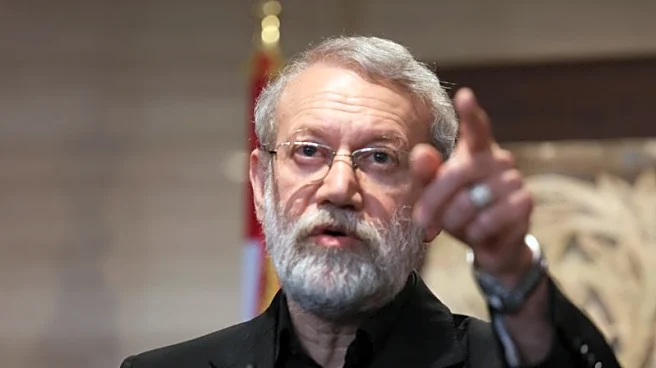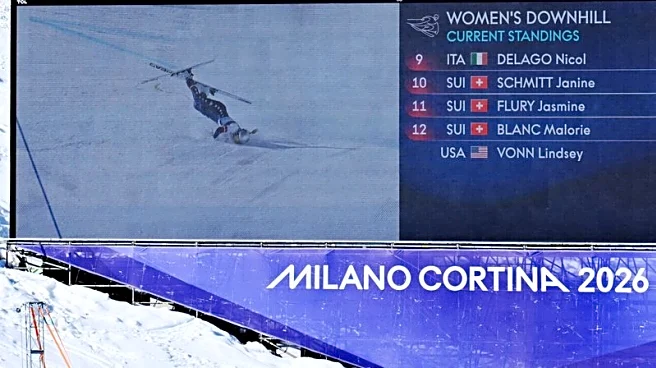Rapid Read • 7 min read
France's highest court, the Cour de cassation, has annulled an arrest warrant for former Syrian leader Bashar al-Assad. The warrant was initially issued in November 2023 in response to chemical weapons attacks in Syria, specifically in Ghouta in 2013 and Douma in 2018. These attacks resulted in significant casualties, with over 1,000 deaths in Ghouta alone. The court's decision is based on international law, which grants heads of state immunity from prosecution in foreign courts while in office. Assad, who has been living in exile in Russia since December 2024, is no longer a head of state, allowing for the possibility of a new warrant. The ruling has been criticized by legal experts, including Mariana Pena from the Open Society Justice Initiative, as a missed opportunity to hold Assad accountable for serious crimes.
AD
The cancellation of the arrest warrant for Bashar al-Assad has significant implications for international justice and accountability for war crimes. It highlights the challenges of prosecuting former heads of state under international law, which often provides immunity. This decision may affect ongoing efforts to hold Assad accountable for alleged war crimes and crimes against humanity during Syria's civil war. The ruling could also influence similar cases involving other former leaders accused of grave crimes, potentially setting a precedent for how international law is applied in such situations. The decision may impact the victims and survivors of the chemical attacks, who have been seeking justice through international legal channels.
With Assad no longer holding office, there is potential for a new arrest warrant to be issued. Legal advocates and organizations, such as the Open Society Justice Initiative, are likely to continue their efforts to bring Assad to justice. The international community may also explore alternative legal avenues to address war crimes committed during the Syrian conflict. Additionally, the ruling may prompt discussions on reforming international law to better address immunity issues for leaders accused of serious crimes. The situation remains dynamic, with potential diplomatic and legal developments as stakeholders react to the court's decision.
AD
More Stories You Might Enjoy












